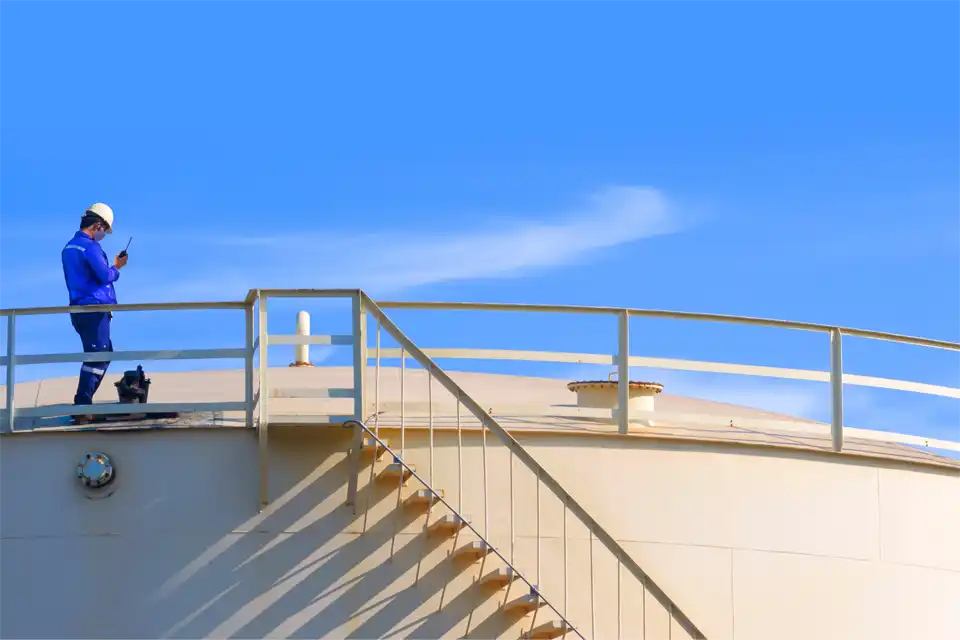Risk Management and Monitoring Networks Combined Meeting Report
- 15 January 2026
- Event Proceedings
- Storage
Two IEAGHG expert networks, the Risk Management Network and the Monitoring Network, held a combined meeting from 27th to 28th August 2025 in The Hague, The Netherlands. Both networks have been convening for 20 years, and this meeting, hosted by Shell at the Shell Centre, represented the 11th Risk Management and the 15th Monitoring meeting.


